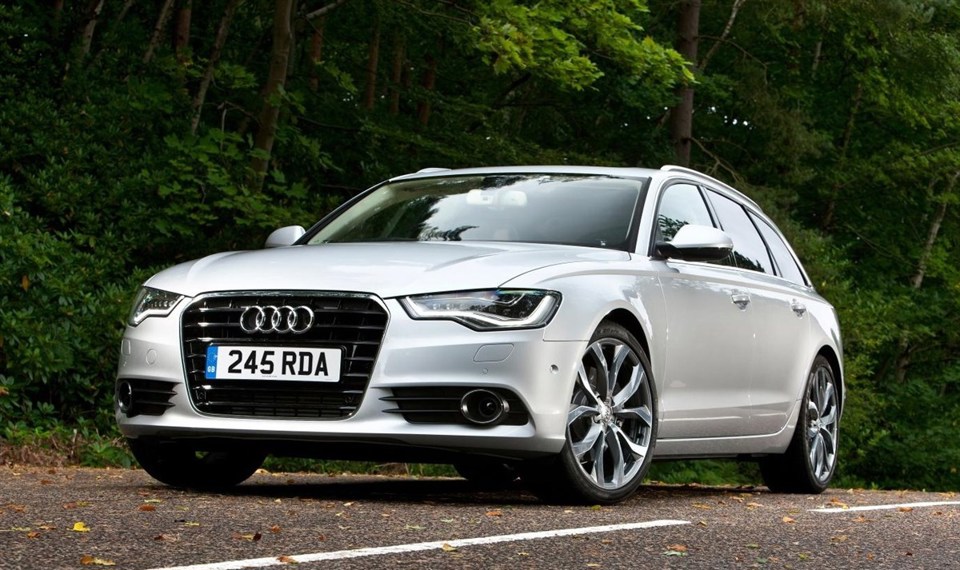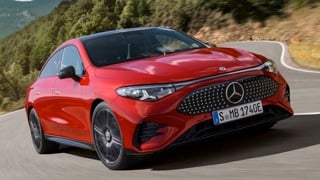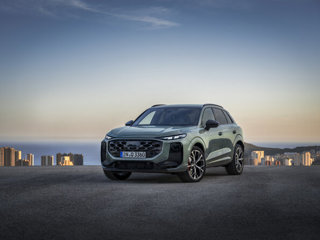A new initiative from Audi, which is promising to cut fuel use and drive down emissions, delivering significant savings to fleets and company car drivers, has been welcomed by the manufacturer's UK head of fleet.
Ultra is a business-wide focus on sustainability, encompassing everything from the dealer network to production facilities. In the UK, it will be seen first in terms of product.
Fleet News has learned that TDI Ultra engines will be fitted to A4, A5 and A6 models, and will be launched in the UK in the first half of this year. Using lightweight materials, Audi says the new engines will deliver extremely low emissions without any compromise in performance.
James Douglas (pictured below), head of fleet at Audi UK, told Fleet News: “If I were critical of any proposition that we have for the fleet market, it is that the benefit-in-kind (BIK) for drivers who want to drive an Audi can be slightly higher than our competitors – it will be great to see that reversed.”
It puts the A6 Ultra S-tronic in the 17% BIK tax bracket, compared to the 20% the Multitronic sits in today. From April, these tax bands will increase to 18% and 21% respectively.
It also gives it the edge over the BMW 5 Series. The 184hp 520d SE auto emits 119g/km, with fuel economy of 62.8mpg, putting it at both a power and efficiency disadvantage when compared to the A6.
Audi isn’t the first manufacturer to embrace weight-saving technology. Many have managed to drive down emissions by shedding weight, winning additional fleet sales in the process.
For example, the Mazda6, featuring the manufacturer’s weight-saving Skyactiv technology, went on sale early in 2013 and helped the carmaker secure a 60% growth in fleet sales last year; up from 6,447 units to 10,325.
Ultra, together with the autumn launch of the 38g/km, A3 E-tron plug-in hybrid, should help Douglas build on the fleet sales success he has enjoyed during his first year in charge since joining from Nissan.
Audi reported fleet sales of 71,131 units last year, a 6.5% increase on 2012, giving it a market share of 6.5%. Growth has come from across the range and included an increase of 3,000 true fleet sales on the 40,795 it achieved in 2012; making it the number one premium manufacturer in fleet.
Douglas told Fleet News he is hoping to repeat that level of growth in true fleet this year, while reducing rental again by approximately 1,200 units. Rental accounted for 6,600 registrations in 2013, down from 8,500 in 2012. It will account for around 5,250 registrations in 2014.
This trend is at odds with its two German premium rivals, BMW and Mercedes-Benz, both of which increased rental registrations last year by more than one-third.
“We’re in a very strong position in the marketplace,” said Douglas. “Our proposition, in terms of what our customer base requires and what we’re able to deliver, is very good, especially for the fleet market.”

He has overhauled the way his fleet field sales team operates to achieve what he describes as sustainable, profitable growth. Previously, they had managed the dealer network’s local business development programme, alongside their corporate client accounts.
They have now handed this responsibility to a five-strong sales team, which has launched a new local business development programme for the 116 dealers.
Douglas said: “Developing a long-term relationship with your customer base is the proof point of success for a manufacturer like Audi. We should be providing a level of service that means a customer doesn’t want to leave us.”
The sales team has also been told to secure more sole-supply deals. Two significant wins will be announced soon.
He added: “The launch of Ultra will be a huge deal for the brand and is a big opportunity for me and the team.”






















Login to comment
Comments
No comments have been made yet.